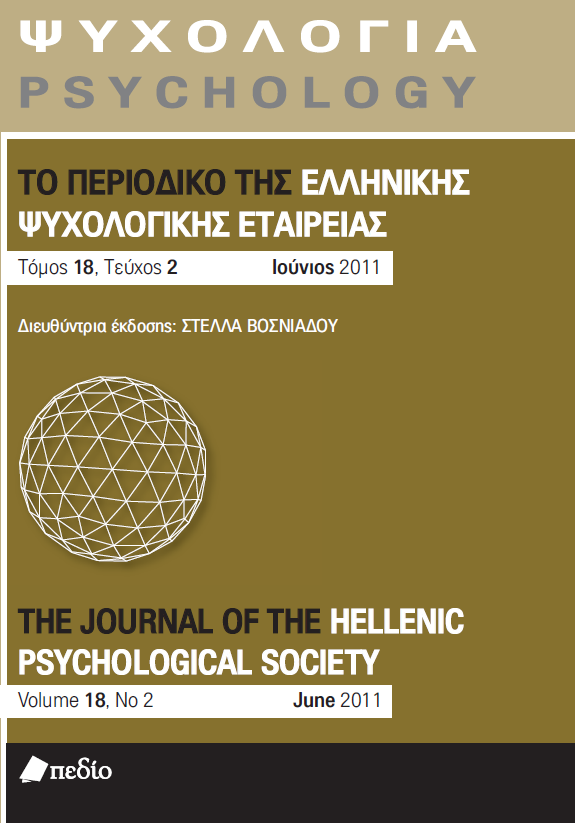Healthy siblings of children with cancer

Abstract
The basic purpose of this research is to understand how healthy siblings visualize and represent health and disease as conditions affecting them and others in their family. Furthermore, an attempt was made to evaluate the emotions about health and disease for healthy siblings, as well as to investigate the parameters that interfere with the physical
and emotional life of healthy siblings. Fourteen healthy children participated in the research, aged between 7 and 14, siblings to children diagnosed and receiving treatment for leukemia (acute lymphoblastic &
myelogenous leukemia), nephroblastoma (Wilms’ tumor), lymphoma, rhabdomyosarcoma, where evaluated according to the Hatira Projective Technique. Some positive but mainly negative responses were obtained.
The negative reactions concerned emotional instability, rejection, separation, siblings’ rivalry, the medical treatment and the fear of death, while positive reactions concerned self-awareness, sensitization, earlier maturing and increased family coherence after the crisis. The bond between siblings can outrun time and crises, even outgrowing the relationship between parents and their children. It is simultaneously a very vulnerable relationship, since traumatic experiences such as those arising from childhood cancer interfere with the mental and emotional development of the healthy brother or sister.
Article Details
- How to Cite
-
Καραμπέλα Κ., Χατήρα Π. Δ., & Δαμίγος Δ. (2020). Healthy siblings of children with cancer. Psychology: The Journal of the Hellenic Psychological Society, 18(2), 192–210. https://doi.org/10.12681/psy_hps.23718
- Issue
- Vol. 18 No. 2 (2011)
- Section
- RESEARCH PAPERS

This work is licensed under a Creative Commons Attribution-ShareAlike 4.0 International License.
The journal PSYCHOLOGY adopts a Platinum open-access policy. Submission, processing or publication costs are waived by the Hellenic Psychological Society. Papers published in the journal PSYCHOLOGY are licensed under a 'Creative Commons Attribution-ShareAlike 4.0 International' licence. The authors reserve the copyright of their work and grant the journal the right of its first publication. Third-party licensees are allowed to use the published paper immediately after publication as they wish, provided they retain the defined by the license copyright formalities, regarding the reference to its author(s) and its initial publication in the journal PSYCHOLOGY. Moreover, any adjusted work should be shared under the same reuse rights, so with the same CC license.


